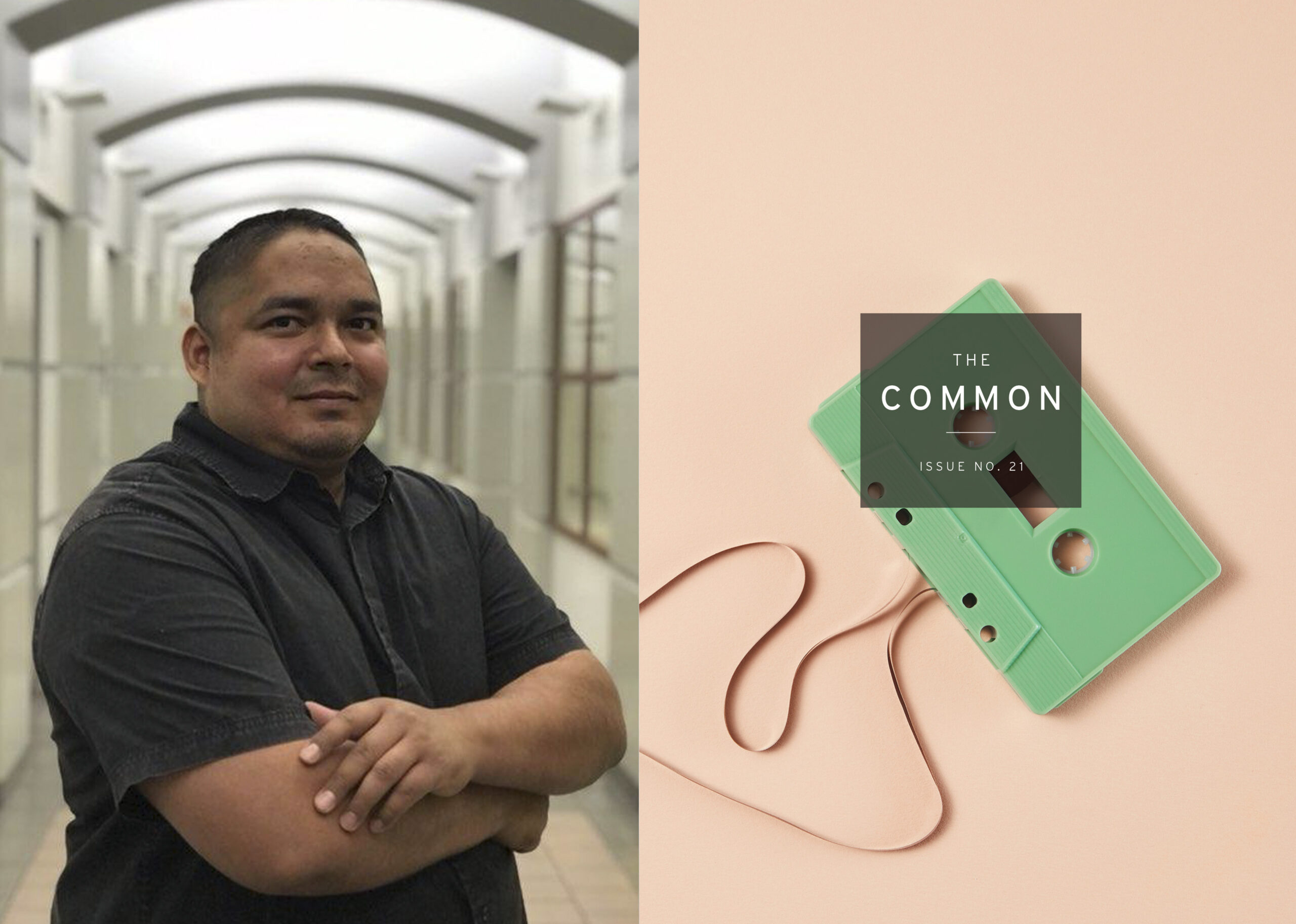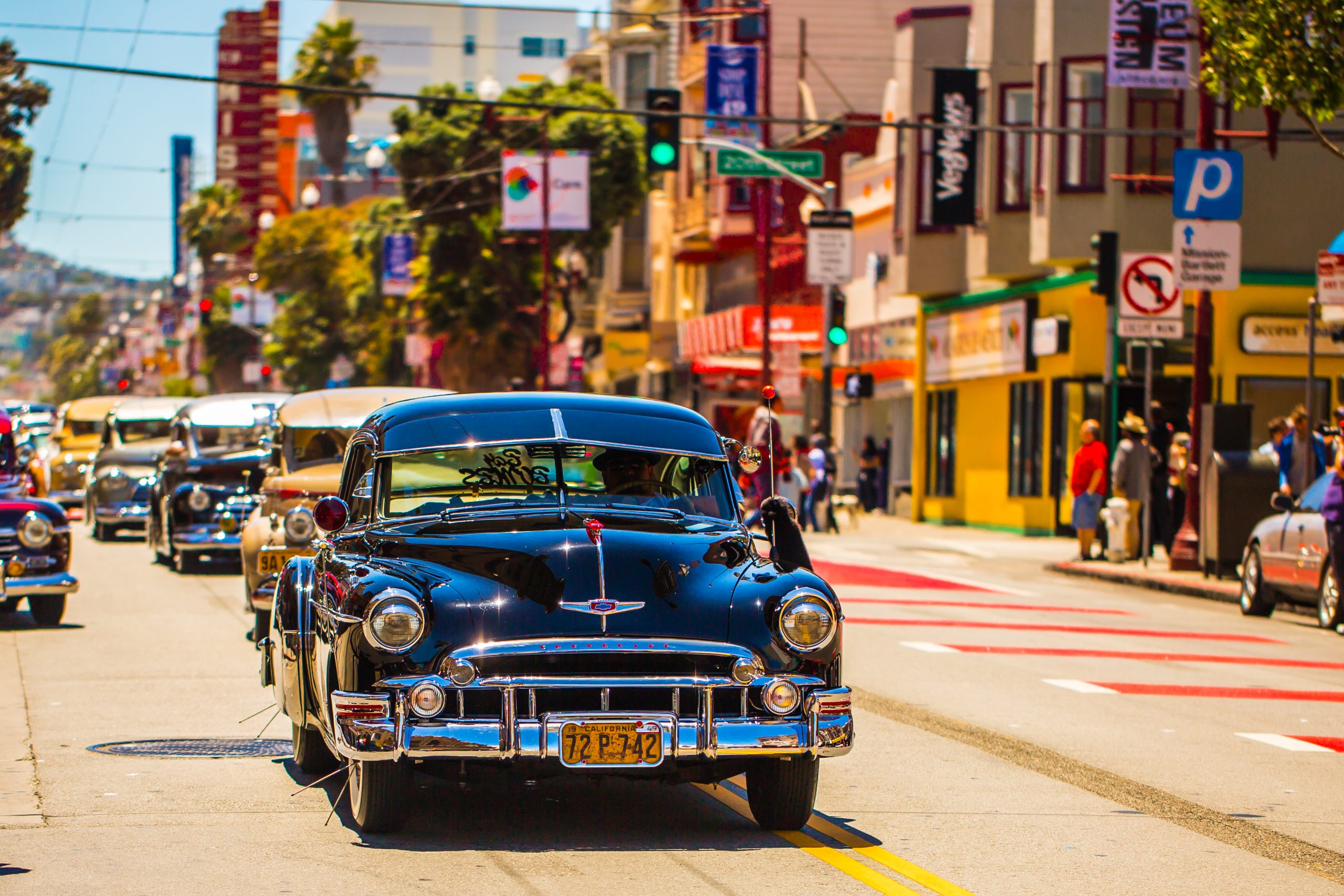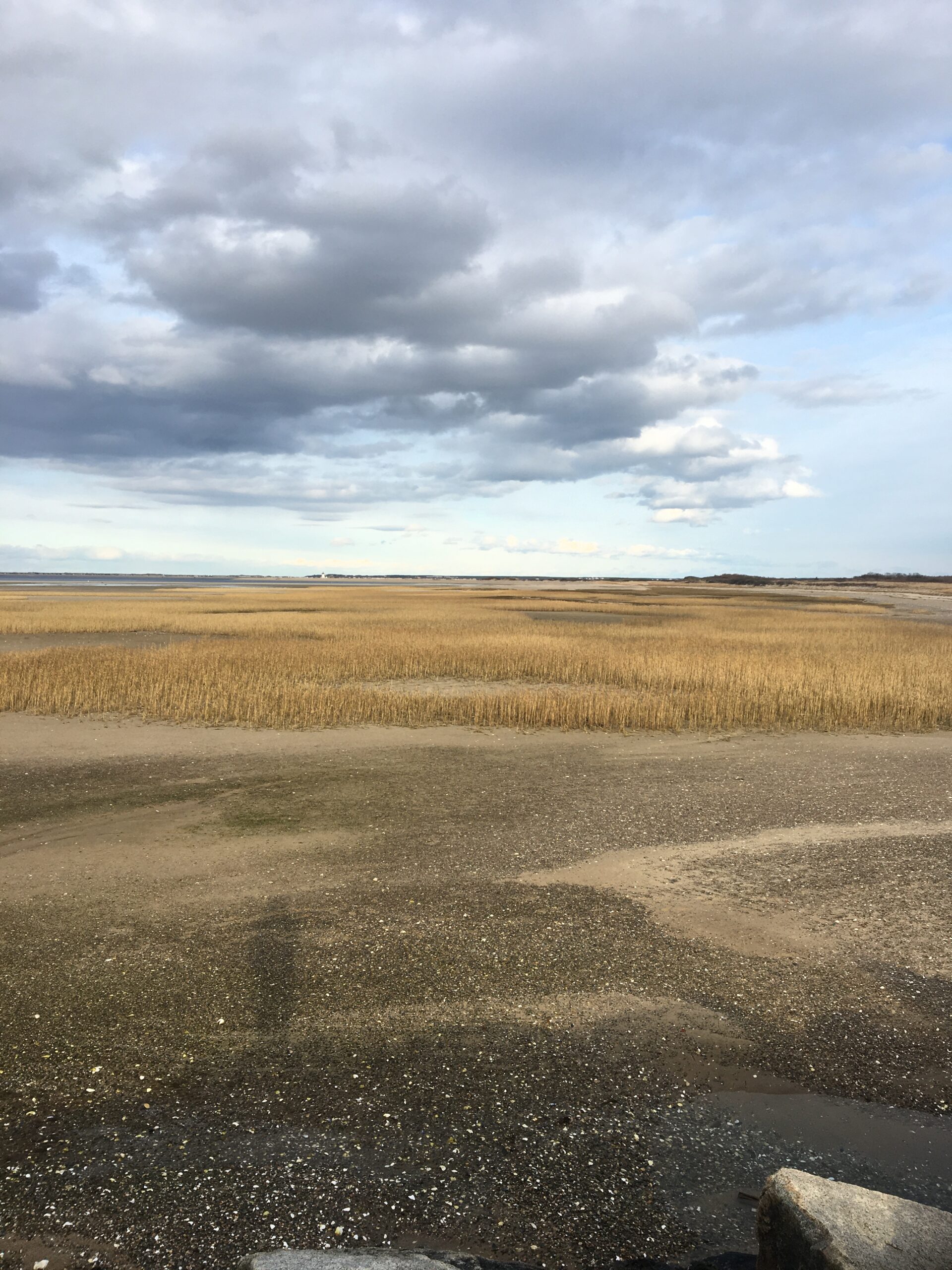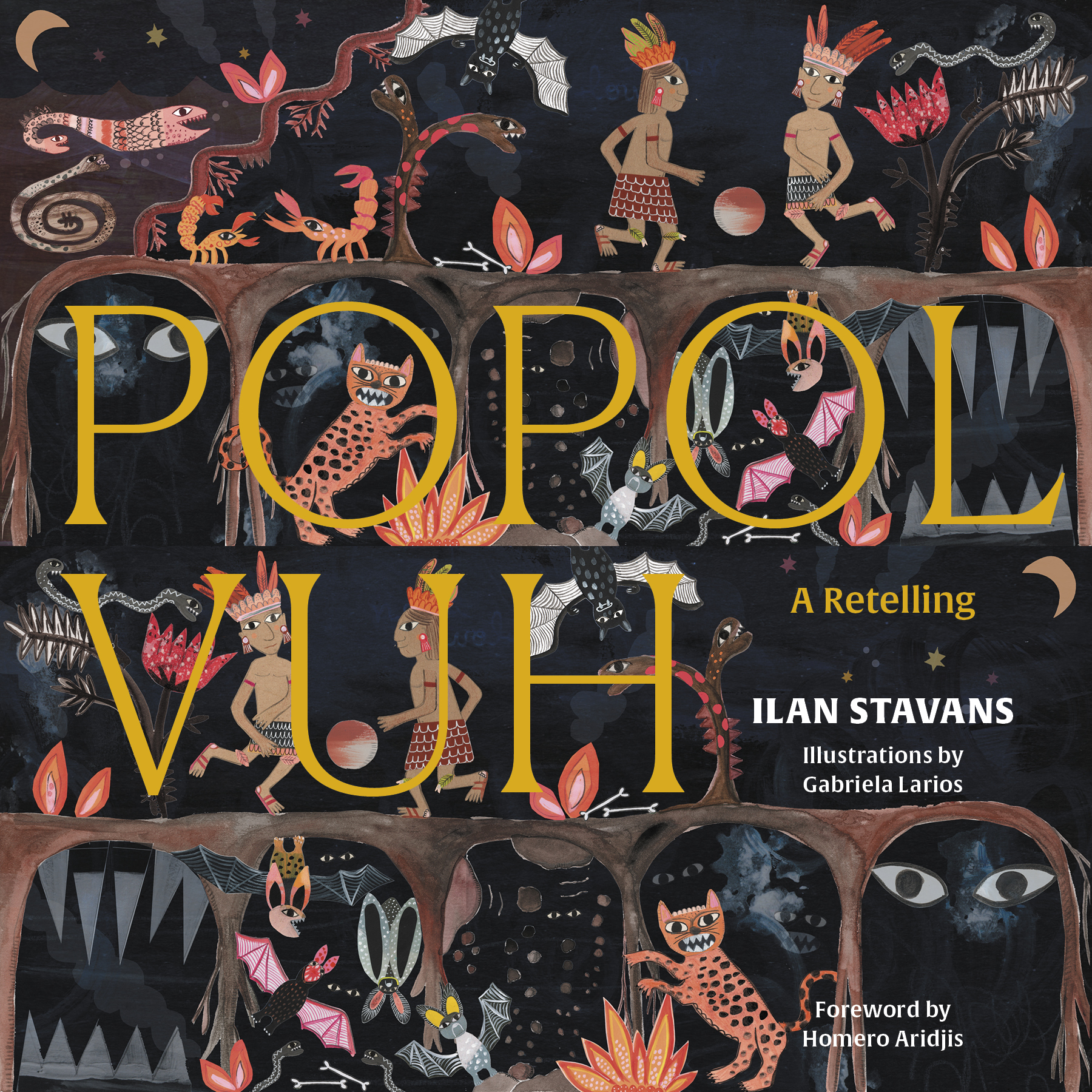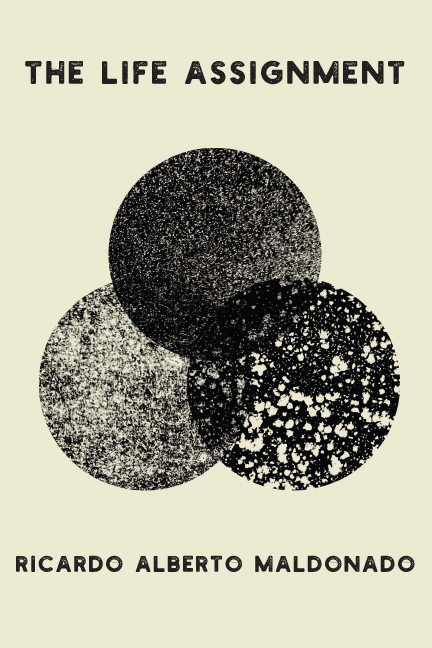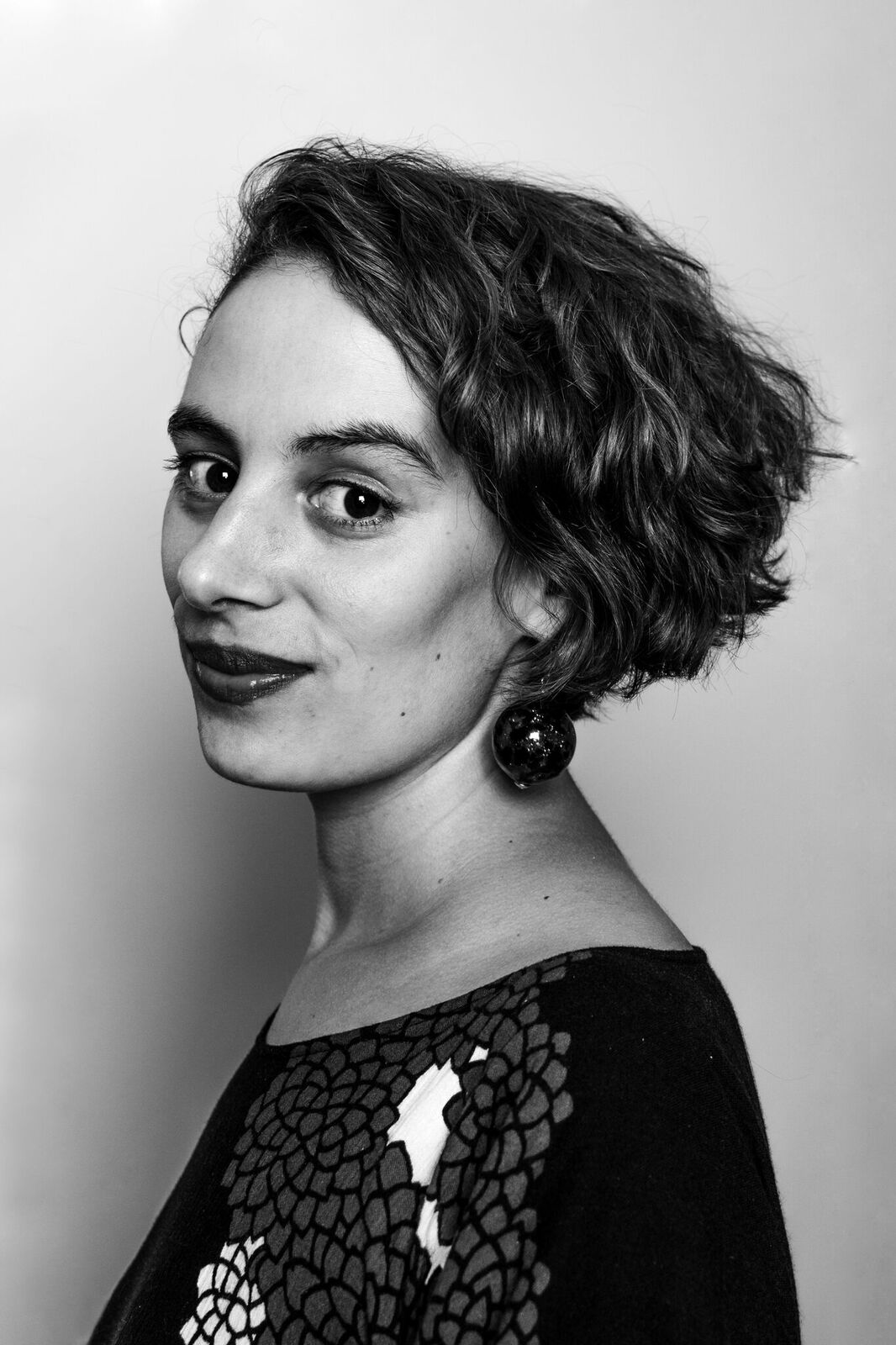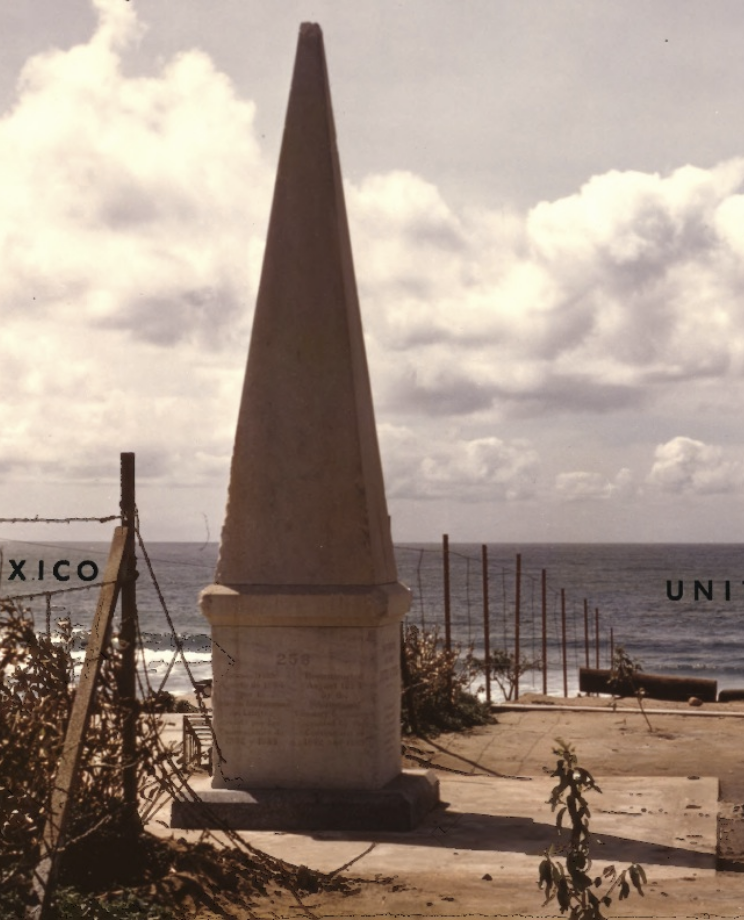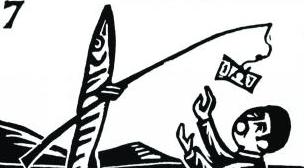Jose Hernandez Diaz speaks to managing editor Emily Everett about his poem “Ode to a California Neck Tattoo,” which appears in The Common’s spring issue. In this conversation, Jose talks about finding his way to prose poetry, initially drawn in by its casual language and style. He also discusses the process of editing and revising poetry, his interest in the surreal, and what it’s like writing from a first generation point of view.

